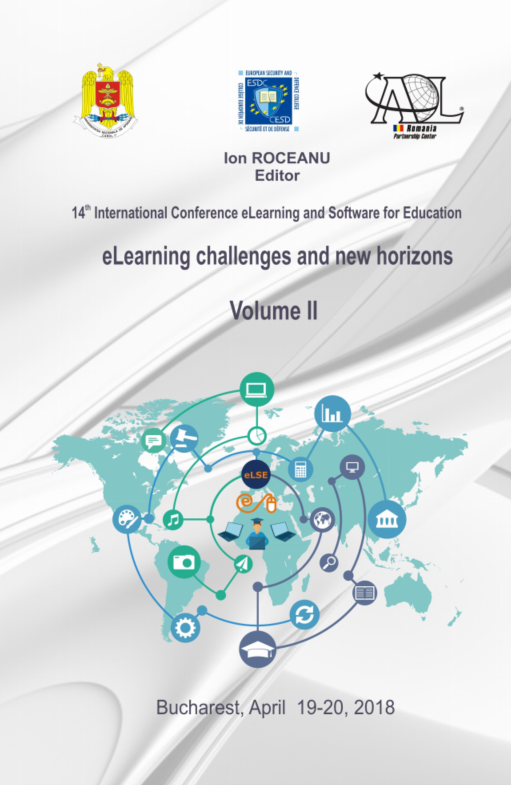Chatbots for Education – Trends, Benefits and Challenges
Chatbots for Education – Trends, Benefits and Challenges
Author(s): Alin-Andrei GeorgescuSubject(s): Social Sciences, Education
Published by: Carol I National Defence University Publishing House
Keywords: Chatbots; Artificial intelligence; Technology enhanced learning;
Summary/Abstract: Conversational agents change the way we think and live, as they have the ability of being present and ready to provide help anytime and anywhere. From mobile phones or PCs to smart homes, virtual assistants may ease our lives, by doing tasks while conducting conversations. The effects bots can have on education change the humanity forever, implementing new educational principles designed as complementary to traditional methods and to teachers. They may have a major role in delivering pedagogical content and assessing, covering a wide variety of lessons and subjects by using multimedia content and speeches. New eye candy ways of evaluating students and perpetual learning may be conceived, while getting real time feedback from targeted learners. They convincingly simulate how a human would behave as a conversational partner and enhance the attraction of technology, gaining the trust of the students. To sum up, chatbots may be cheap and easy to use educational tools, meant to be closer to nowadays students in a more pleasant way, adequate to modern styles of learning. This technology, could have a large potential in schools, universities and other training scenarios, reaching a wide variety of targets. The future belongs to robots, and they are already here. Robots surround us, even though they may not have the shape the users imagine. This paper discusses the development and capabilities of conversational agents and the added value they can bring to the educational process: the concept of chatbot is provided, the most important frameworks are underlined, a set of successful educational examples of chatbots, the benefits and challenges of using chatbots in education are also reviewed. In the end, a model of using an education chatbot to increase quality of life is proposed.
Journal: Conference proceedings of »eLearning and Software for Education« (eLSE)
- Issue Year: 14/2018
- Issue No: 02
- Page Range: 195-200
- Page Count: 6
- Language: English

